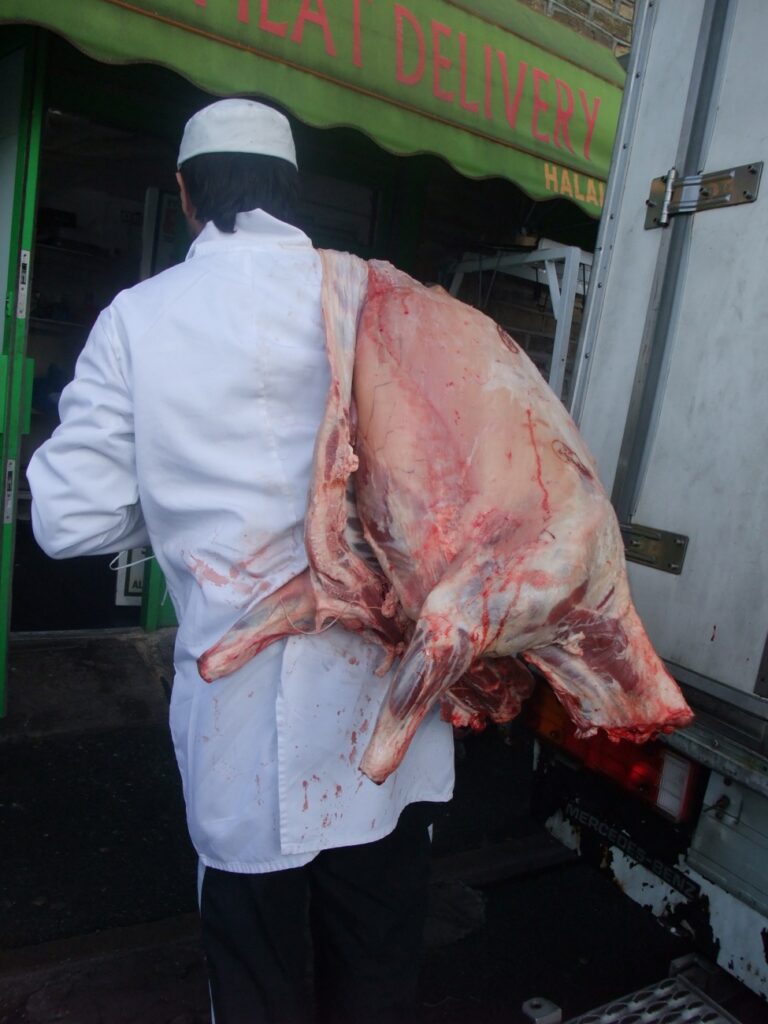
Byline: Mr Halal M. Saleem
Qurbani, the Islamic tradition of sacrificing an animal during the month of Dhul Hijjah, holds significant religious and cultural importance for Muslims.
Eid al-Adha, also known as the Festival of Sacrifice, is celebrated over four days, and involves the ritual sacrifice of animals (usually sheep, goats, or cattle) to mark this occasion.
Muslim consumers eagerly await this occasion, as it signifies the fulfilment of their religious obligation. The meat from animals sacrificed during Eid al-Adha holds special significance and is distributed among family, friends, and as charity to those in need.
In the UK, Qurbani practices have evolved over time, but recent concerns have arisen regarding the cost of Qurbani and its impact on Muslim consumers.
Price hikes and unfair advantage
Muslim consumers have expressed concerns about potential price hikes during Qurbani. Many fear that farmers and sellers may take unfair advantage of the increased demand during Eid al-Adha.
As the festival approaches, prices for sacrificial animals, particularly ewes, may rise significantly. This situation could disproportionately affect Muslim households, especially those with limited financial resources.
Comparing the prices charged during Easter (a Christian festival) to those during Qurbani, some halal consumers perceive the price hike as discriminatory.
They believe that such practices unfairly target Muslim communities and exploit their religious obligations. Ensuring transparency and fairness in pricing is essential to address these concerns.
FSA Regulations and Health Risks
The Food Standards Agency (FSA) plays a crucial role in ensuring the safety and quality of meat consumed during Qurbani. However, there are apprehensions that the FSA’s relaxation of regulations regarding hot meat transport specifically for Qurbani could pose serious health risks to UK halal consumers.
Proper handling, storage, and hygiene practices are essential to prevent food-borne illnesses.
If the unfair price hikes continue, social media influencer Mr. Halal, a staunch supporter of British farmers, may advise Halal consumers to consider alternative solutions.
One such solution could be reforming their Qurbani practices abroad in developing countries. There, they may find more cost-effective options, allowing them to perform their Qurbani at a fraction of the cost compared to the UK.
Balancing religious observance, consumer rights, and food safety remains a challenge during Qurbani. As the UK’s Muslim population continues to grow, addressing these concerns becomes even more critical. Ensuring fair pricing, transparent practices, and adherence to food safety standards will contribute to a meaningful and safe Qurbani experience for all.














